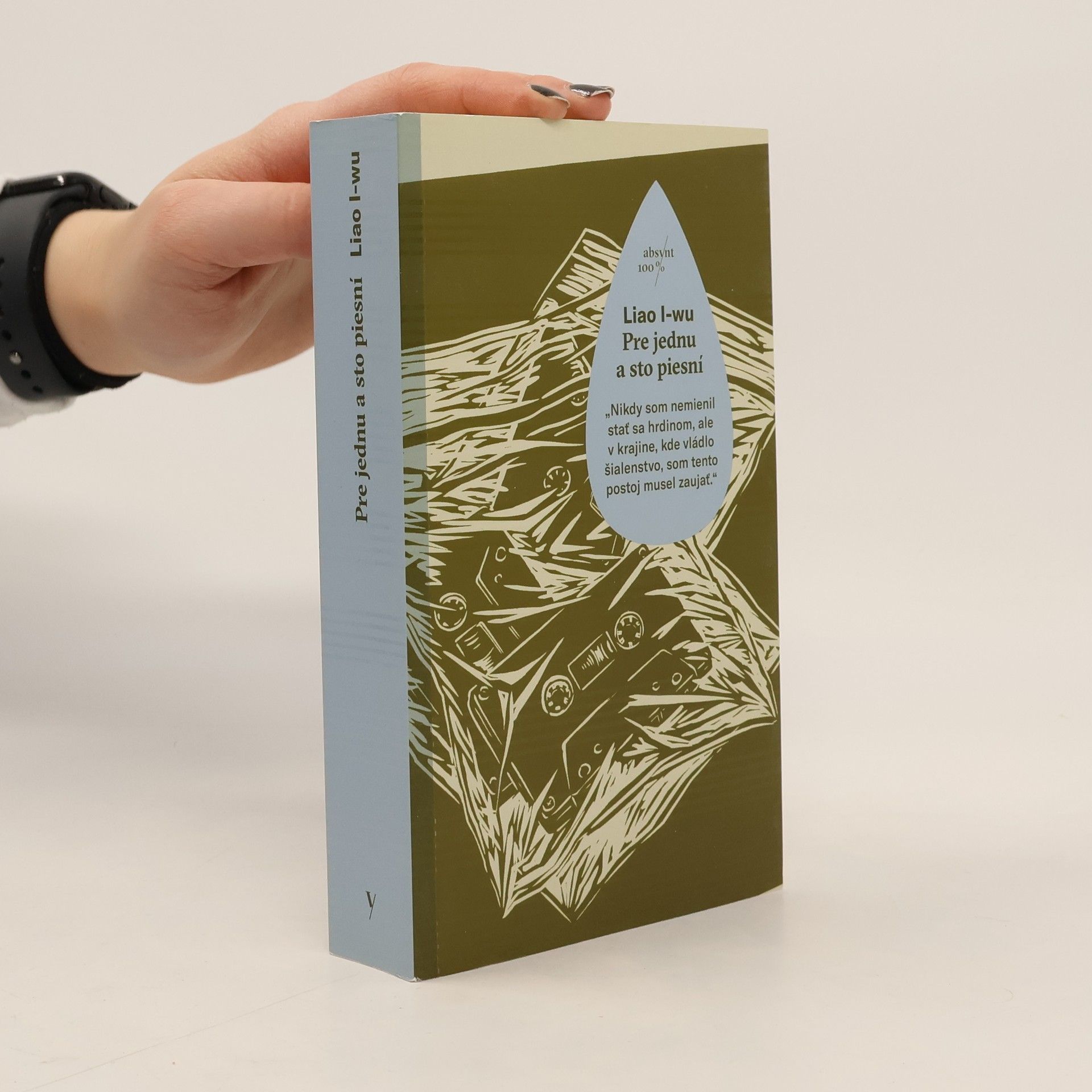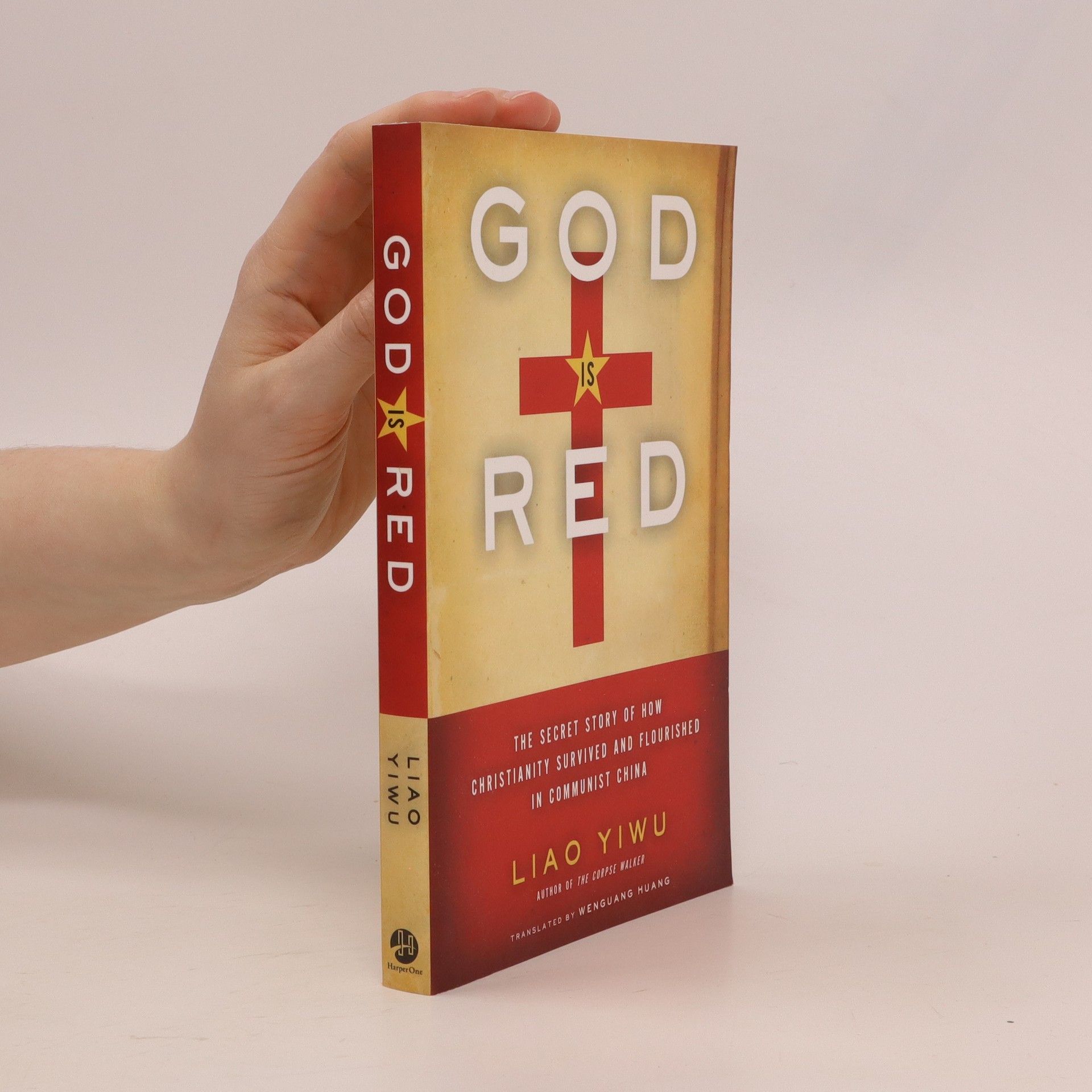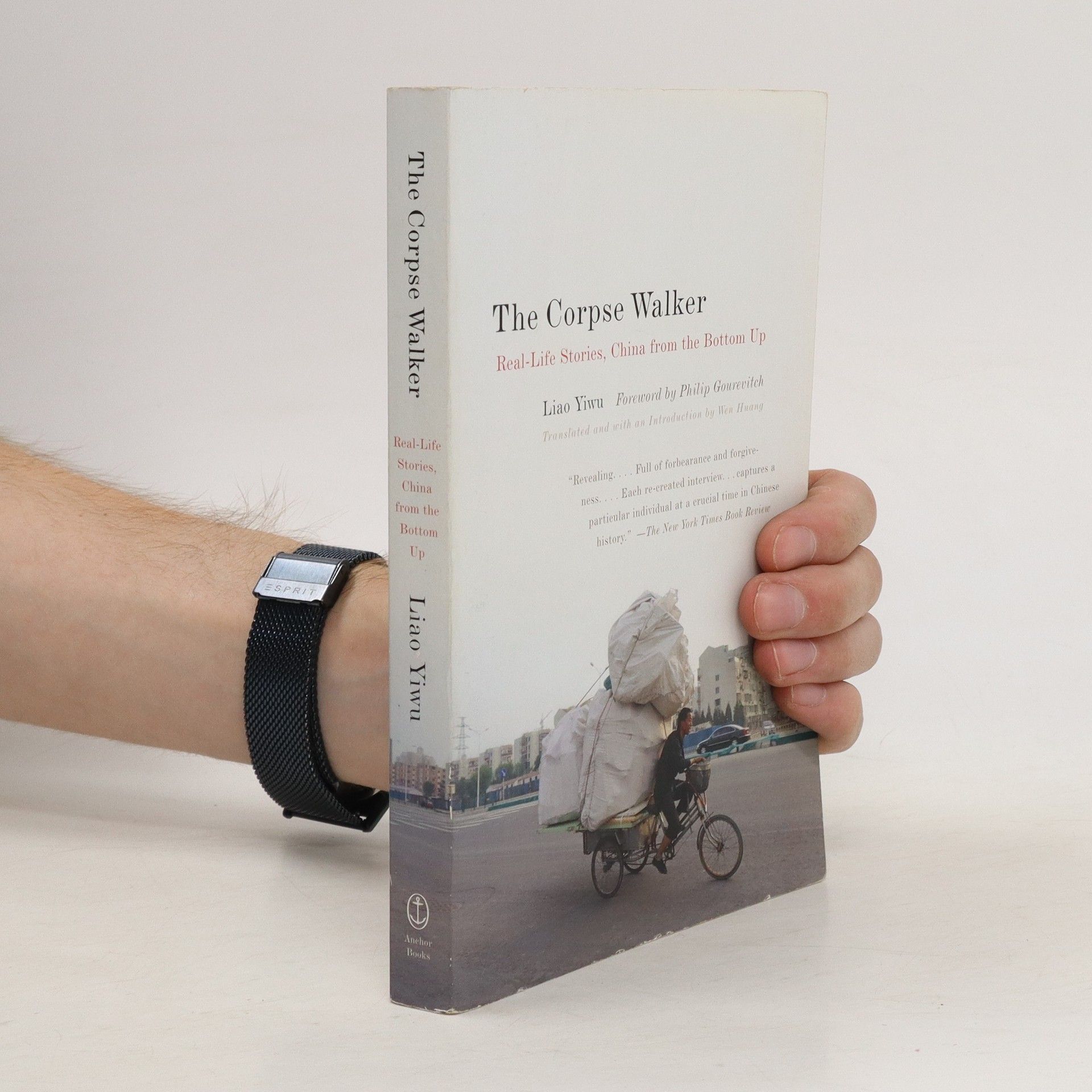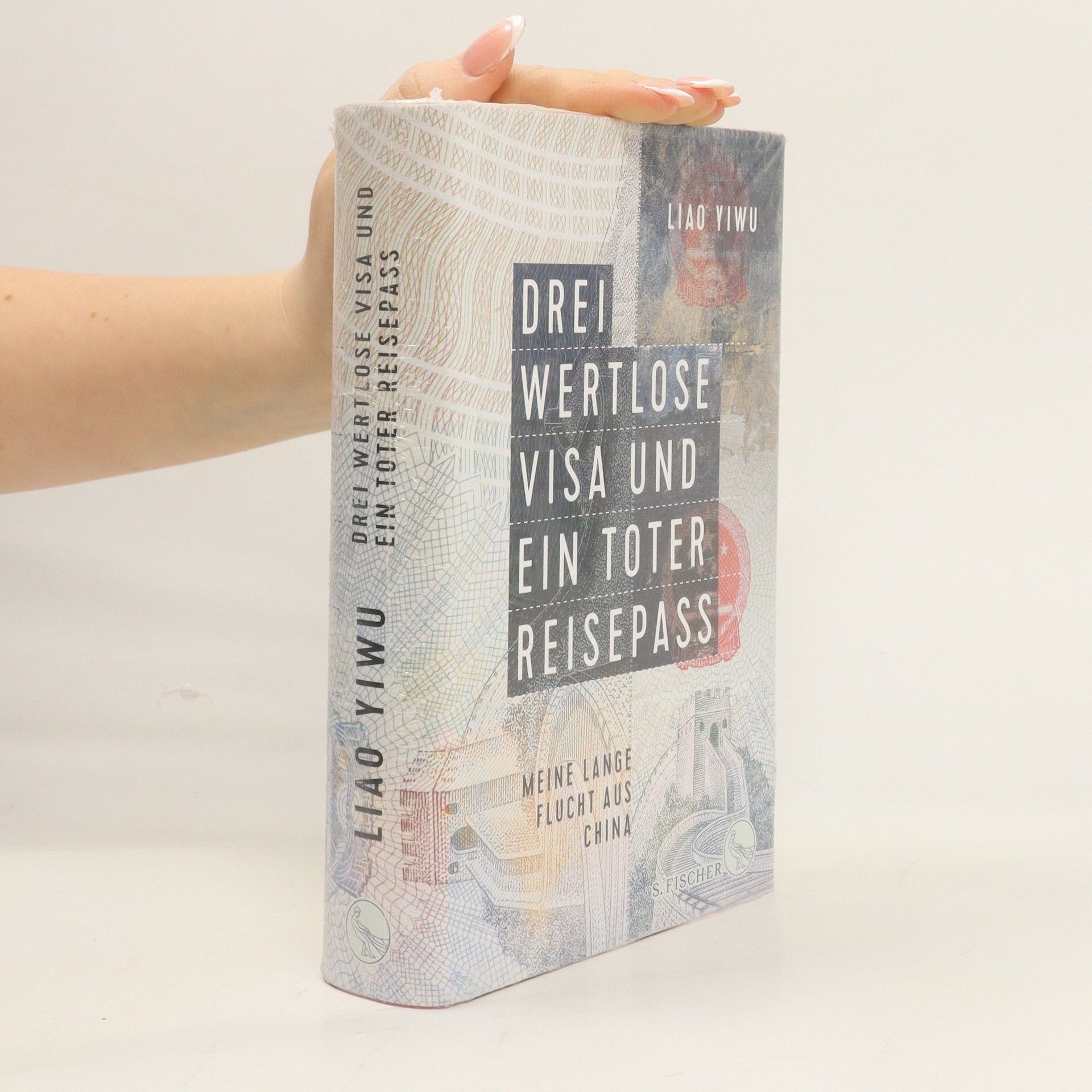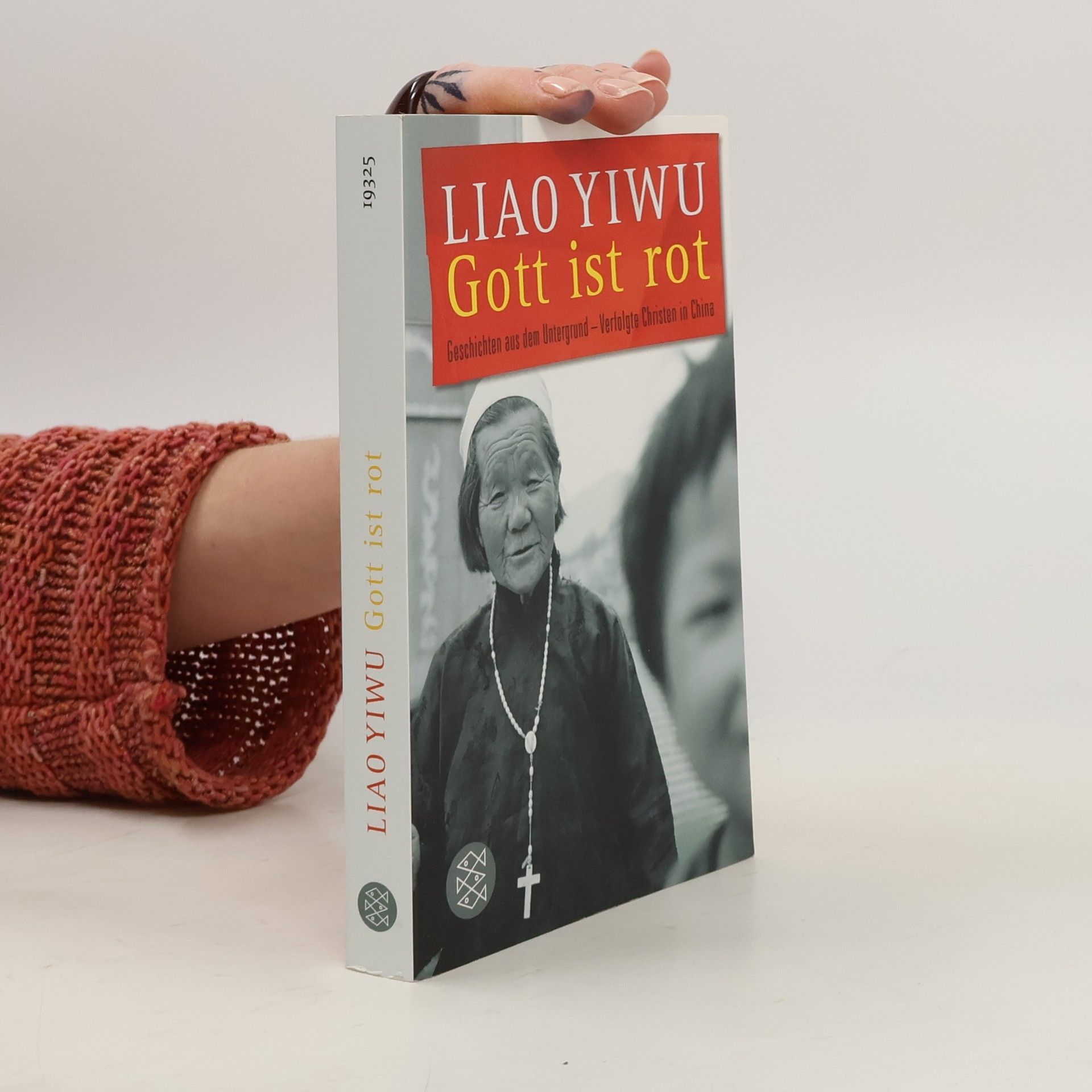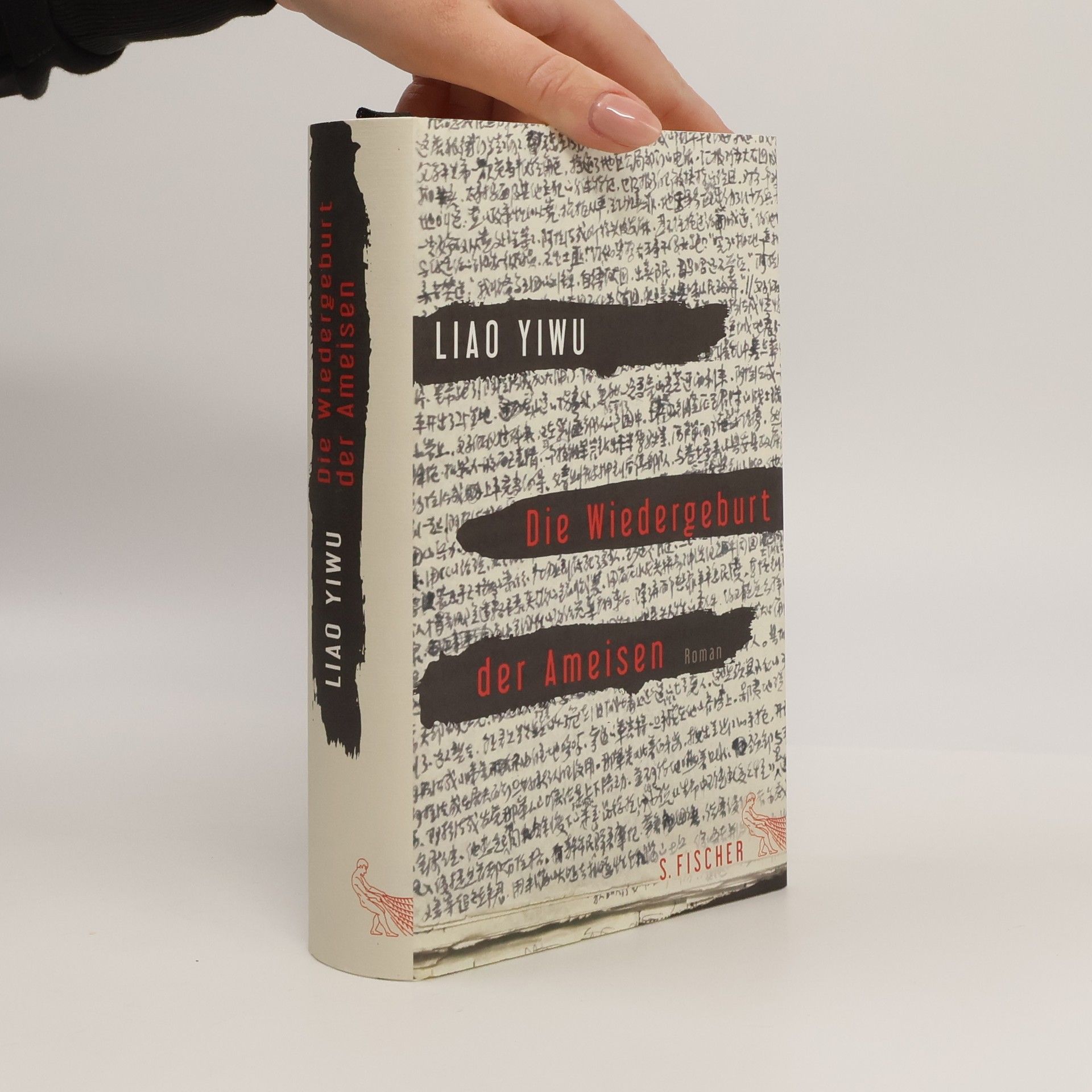Bullets and Opium
Real-Life Stories of China After the Tiananmen Square Massacre
- 320pages
- 12 heures de lecture
The book offers a poignant collection of historical portraits that highlight the lives of working-class individuals who stood firm during the Tiananmen Square protests. Through the lens of an award-winning poet and dissident, it captures the courage and resilience of these people, providing a unique perspective on a pivotal moment in Chinese history. The author's distinct voice and insights make it a significant contribution to understanding the social fabric and struggles of that era.

